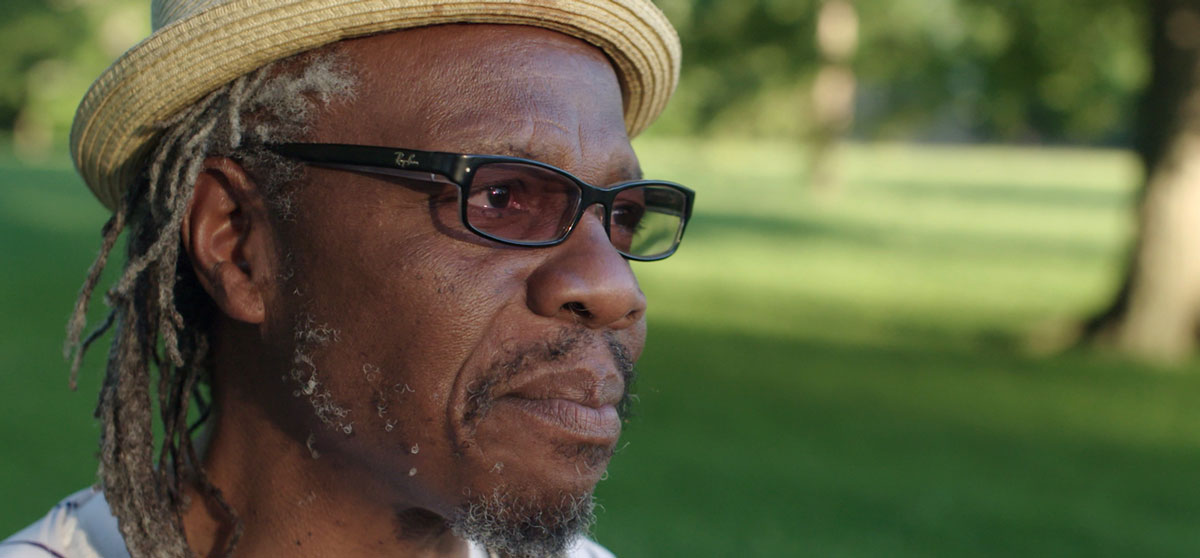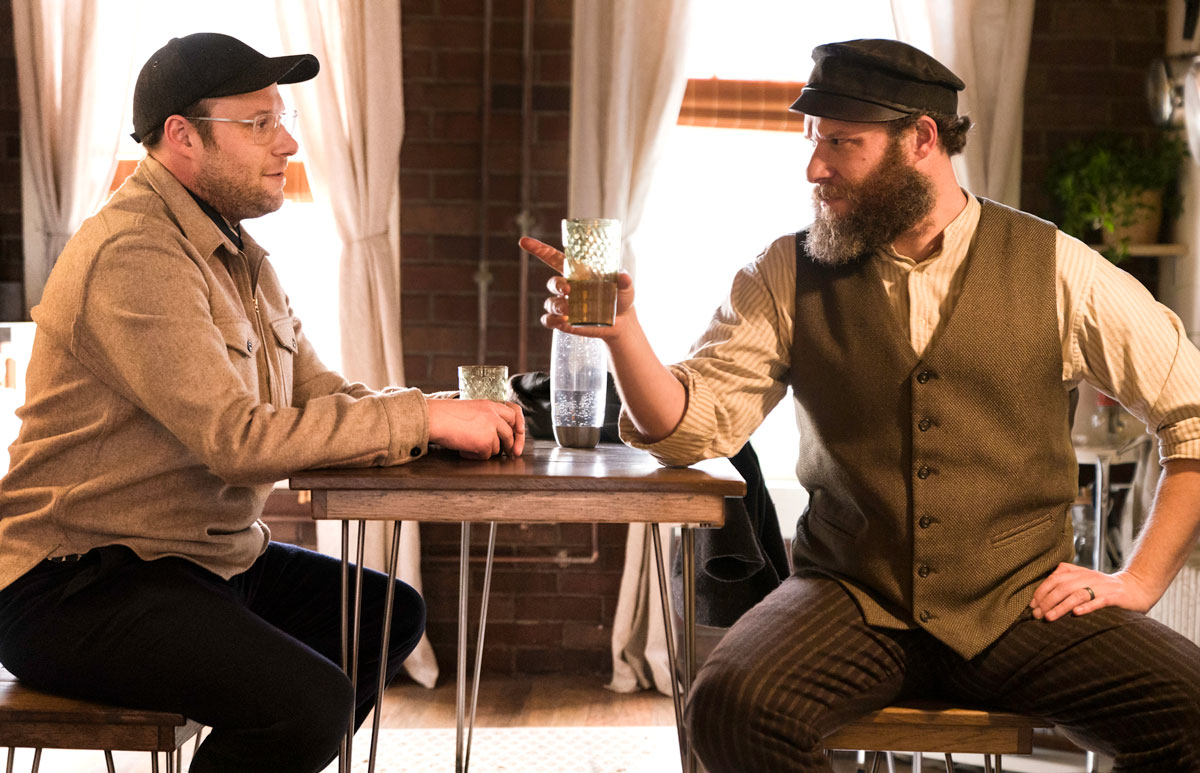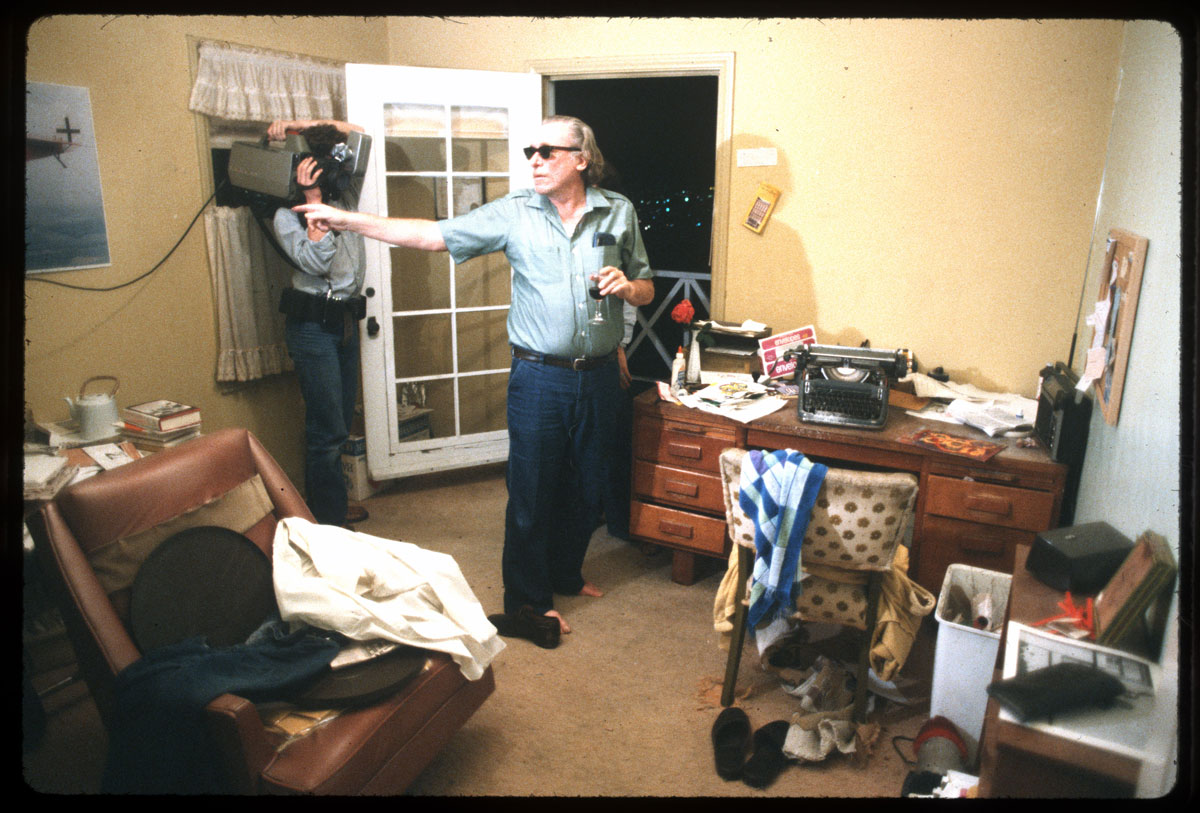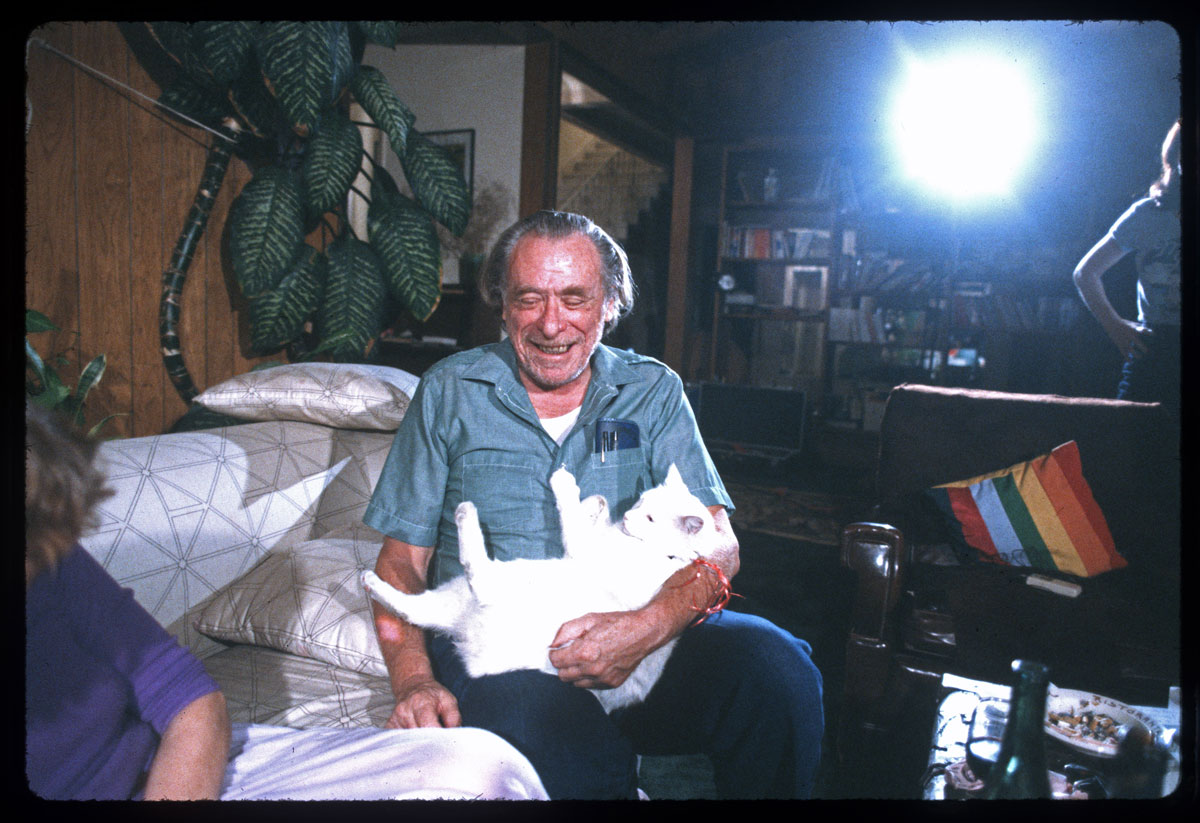The major fall film festivals, especially in the hapless U.S., will take a different form because of the pandemic. The Telluride Film Festival announced the cancellation of its Labor Day weekend bash on Monday—along with its 2020 selections. Congratulations to veteran San Francisco filmmaker Jay Rosenblatt, whose poignant new work, When We Were Bullies, made the cut. As for when and where local audiences will be able to see the 36-minute film, be patient.
Another world-renowned local filmmaker, Lynn Hershman Leeson, joins curator Margot Norton of New York’s New Museum for a live-streamed conversation Thursday, Aug. 6. Their dialogue will touch, no doubt, on the artist’s longstanding fascination with the uncomfortable intersections of scientific progress and innate humanity, Big Tech and free self-expression. Hershman Leeson’s wide-ranging multimedia exhibition Twisted, her first solo show at a Big Apple museum, opens February, 2021 at the New Museum.
River City Drumbeat
Roxie, Aug. 7; Smith Rafael Film Center, Aug. 14
This week’s new streaming-on-demand releases feature a trio of films exploring how individuals relate to and are nurtured by their environments. The clear standout, Marion Johnson and local filmmaker Anne Flatté’s soulful River City Drumbeat, takes us into the Black community of Louisville, Kentucky, through the River City Drum Corp and its founder and longtime director Edward “Nardie” White.
Nardie’s 30-year mission uses musical training and performance as instruments of discipline, self-confidence, pride and African-American education. River City Drumbeat spends enough time with three student drummers for us to understand that their college-and-beyond ambitions (and possibilities) derive directly from their longtime participation in the RCDC.

Flatté and Johnson’s concerted attention coincides with Nardie’s decision to retire at the end of the school year and hand the reins to soft-spoken RCDC alumnus Albert Shumake. Most filmmakers couldn’t resist the urge to embrace a countdown structure, build to an emotional crescendo and fade out on an uplifting note. River City Drumbeat, however, is focused more on the journey than the destination, and with portraying a troubled ecosystem rather than celebrating a milestone.





